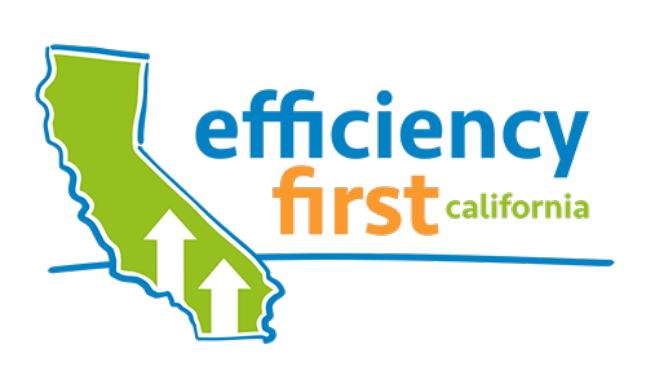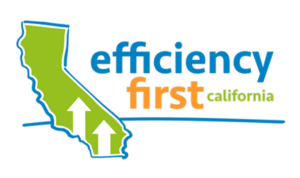SB 1477
California is on the road to a Greenhouse Gas (GHG) clean future. Recent legislation and the general climate amongst state policymakers are pointing to GHG reduction as the primary goal of the California Public Utilities Commission (CPUC). One positive step in this effort is the passing of SB 1477 – Stern.
SB 1477 provides $200m, $50m per year for 4 years, from cap and trade credits from the natural gas utilities. This funding and is intended to support research and incentives that will advance the adoption of heat pump technology for space and water heating in buildings. This is good news for California, and potentially the country, as reducing GHG is key to limiting damage to the ozone and our planet. This trend, while a positive step in the right direction, will not be easy and there are many significant hurdles to overcome.
Reviewing the Three-Prong Test
We have mentioned previously an outdated regulation called the three-prong-test, a cost and fuel equivalency metric, that is a significant hurdle to the rapid adoption of GHG reducing technologies. More specifically this regulation restricts the ability to incentivize “fuel switching” for the states four investor-owned utilities (IOUs) – PG&E, SoCal Gas, and SD&GE. This means no rebates from the IOUs if you get rid of a gas furnace and replace it with an electric heat pump, which is often the most efficient option.
Lots of organizations and entities, including EFCA, have been pushing for action to re-define or eliminate the three-prong test so we can move on and adopt heat pumps as a go-to option for consumers. The CPUC is well aware of the situation and has been dragging their feet for years without addressing the problem or finding a real solution. Recently the subject has been assigned a to new Administrative Law Judge (ALJ), and we are hopeful we can now restart the conversation and make some real progress on the issue.
Incentives for Electrification
The state now has its own motivation to change the three-prong test as SB 1477 includes incentives to encourage electrification and funds to develop heat pump technologies for space and water heating in buildings. Now that the policymakers are supporting heat pump technology we are hopeful that the roadblock of the three-prong test will finally get some attention as it will soon affect their ability to implement this legislation. It won’t just be contractors and homeowners who are limited by this outdated regulation it will be the policymakers themselves. Hopefully, this will be what it takes to finally get some traction and remove the barrier of the three-prong test for good.
We are hopeful that at the least the conversation can continue and we can all find a way to allow heat pumps to become a viable option with rich incentives. We are continuing to push the CPUC to recognize and address this roadblock. We are optimistic that can will achieve real results now that there are legislation and consequences to this outdated metric that reach beyond the contractor’s voice. Stay tuned as we will keep you posted on the progress of removing this critical barrier to a reduced GHG future.
Charley Cormany
Executive Director Advocacy Update December 2018


